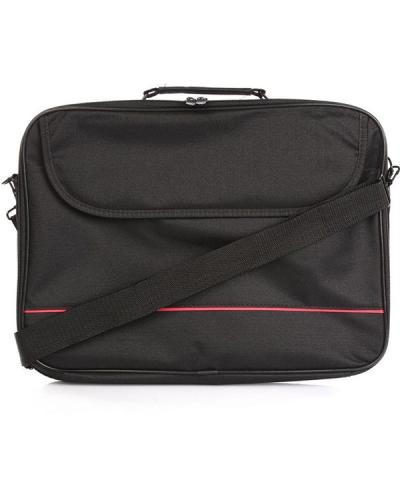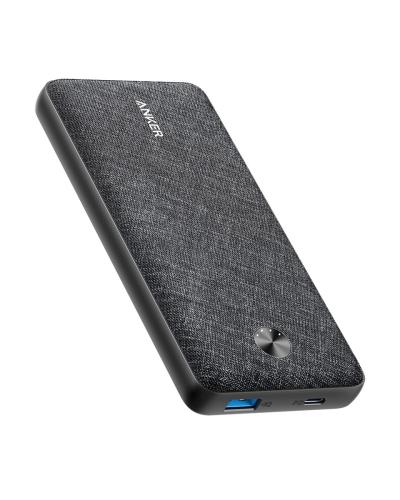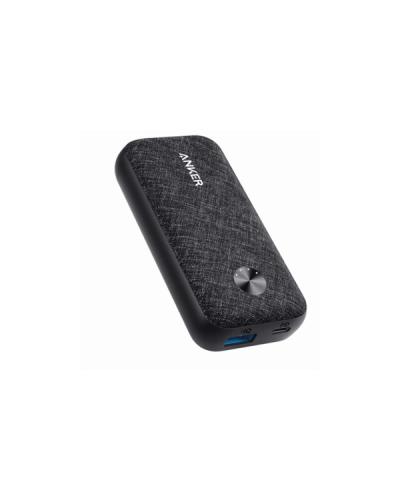Features
The Chromecast with Google TV is an evolution of the Chromecast Ultra that it replaces. The disc-shaped casework has been flattened out into a more oval shape, and is now available in a choice of Snow (white), Sunrise (pink) or Sky (blue) with matching coloured remote. You are likely to use this more than the device itself, which will probably be hanging from an HDMI port on the back of your TV.
There is a USB 2.0 on the end of its power lead, but you will still need to plug it into the wall with the provided adaptor, even if you have a powered USB socket on your telly.
The all-new voice remote is not much bigger than your palm and sits beautifully in the hand. There are shortcut buttons for Netflix and YouTube and to activate the Google Assistant voice search too. Tasteful, discreet and nicely tactile must have been the design notes on this one.
GOOGLE CHROMECAST WITH GOOGLE TV TECH SPECS
Finishes x3
Resolution Up to 4K HDR, 60fps
Bluetooth Yes
HDR formats Dolby Vision, HDR10, HDR10+
Remote control Yes
Dimensions (hwd) 12.5 x 6 x 16cm
Weight 55g
Google TV makes its debut on Chromecast here, and despite that resulting in a mouthful of a name for its latest device, we understand why Google wishes to shout about its new interface. It’s compatible with over 6500 of the apps built for Android TV and, at launch, will recommend content on the home page from over 30 streaming services. These depend on your location and subscriptions, but include Netflix, Amazon Prime Video, Disney+, iPlayer, YouTube and more. As a user, it’s a refreshing change to see a genuinely useful content discovery tool, rather than a shop front to sell you content.
When you track down a film or TV show that you have rights to watch on multiple services, Google TV gives you the choice of service and will even default to the cheapest or free option where possible, rather than trying to sell you the version from Google’s own catalogue.
Available films and TV programmes are organised into helpful rows of suggestions, including quite a few categories we’ve never seen on other services, such as Neo-noir, Futuristic Shows, Films about Robots and Space exploration movies. You can refine the AI by telling it what you’ve already seen but, even from the off, it has a pretty decent handle on our tastes.
The new remote control is tactile and well thought out. You can teach it to control the power and volume on your TV and use it as the microphone for the Google Assistant voice searches on Google TV. As expected, the voice recognition is near flawless and a decent way of getting to what you want and quickly. As well as requesting specific TV shows, music and movies, you can make more general requests such as ‘Show me films about time travel’ or similar.
In fact, for usability and recommendations, Chromecast with Google TV is the best media streamer on the market. There are two caveats, though – the platform is a bit buggy and there are times during testing when Dolby Vision and Dolby Atmos content doesn’t seem to be available on apps such as Netflix and Prime Video when it should be. We find closing the app and rebooting it up usually does the trick but that shouldn't be necessary and, hopefully, this will be solved by any future firmware updates.
The second consideration is that, like most media streamers, it doesn’t quite cover all the best video services. Generally, that’s not too much of a problem because Google’s casting function means you can stream by using the relevant app on your phone, tablet or laptop browser. So, for example, although there is no All 4 app on the Chromecast with Google TV stick, you can use the All 4 app on your mobile and cast it from there instead.
And, since launch, Google has closed one of the Chromecast with Google TV's app gaps by adding the Apple TV app, enabling on-device access to both the Apple TV+ subscription service and Apple's superbly comprehensive catalogue of pay-as-you-go movies and TV shows, complete with support for Dolby Vision and Dolby Atmos.
Advertisement
In the UK, Apple TV content isn't currently appearing among the Chromecast's personal recommendations and isn't directly accessible via universal search, but in the US this functionality does appear to be live, so this could simply be a region-specific wrinkle that's ironed out in short order.
Picture
For picture quality, the Chromecast with Google TV is right up there with the best video streamers at its price, including its nearest rival, the five-star Amazon Fire TV Stick 4K. There’s almost nothing to separate the two as we watch Lost In Space in Dolby Vision. It’s a sharp, textured and well exposed picture that’s a credit to the HDR source material.
Advertisement
The opening sequences of the series show great lustre in the set and costume design. The metal seatbelts holding the Robinson family to their chairs look chunky, strong and solid, and their fishbowl space helmets reflect the scene light as clearly as optical lenses.
There’s nothing lost to the shadows in the darker corners of the image and the patches of bright light are so distinct and clear that it gives everything a wonderfully clinical feel. Colours are deep and natural as we see the orange shoulders of the space suits, and there’s no lack of detail or subtlety to the waffled blue material of their hoods.
Stepping down to 1080p material, the visual experience is obviously less stellar. Star Trek Next Generation is understandably on the noisy side but it’s still colour-accurate from the muted beige tones of the Enterprise decor to the bright blues of Dr Crusher’s uniform.
Light levels are, of course, not quite as expertly handled as when there is HDR to help. There’s a cave scene where the background is not easy to make out compared to the actors in the foreground but, again, this feels very much a fault of the source material rather than one of the playback device. Full marks here.
Sound
(Image credit: Google)
Advertisement
Dolby Atmos is the big performance addition for this Chromecast and there’s plenty of it available throughout the apps and services on the platform. Listening to In The Air Tonight by Phil Collins on Tidal, we’re impressed by the Chromecast’s sense of rhythm. It’s precise, and that lends an excellent sense of drive to the sound and allows us to pick up some beautifully clear moments of detail too. The electronic samples are clean and succinct and there’s a satisfying crispness to the sound when the drums finally kick in.
But there’s a slight lack of fullness to the sound that robs the beats of their full texture and solidity, and Collins’ voice is missing that last bit of aching anguish. In fact, it doesn’t quite feel like this is a moment he’s been waiting for all his life.
It’s a quite different approach to the sound of the Fire TV Stick, which is weaker on timing but stronger on dynamics. Despite their distinct sonic characters, the two devices are more or less equally good in terms of audio.
The upshot for films and TV is that Amazon’s streamer delivers bigger, more spacious sound but with a slight imprecision that means some effects can get lost in the overall soundscape. The Chromecast, meanwhile, picks out everything much more clearly but doesn’t quite deliver the same level of atmosphere.
Verdict
Google has smashed it out of the park with its latest 4K Chromecast. It’s every bit as good as the excellent Amazon Fire TV Stick 4K for picture and sound performance and even better when it comes to the fabulous Google TV UI and recommendations engine.
The Amazon device has more native apps, but casting from your mobile or tablet takes care of almost every gap in the Chromecast's offering.
Otherwise, it’s a bit of a toss-up between the marginally cheaper Fire TV Stick or the slightly more usable Chromecast with Google TV. Is the extra spend worth it? For some, we’ve no doubt that it will be.
SCORES
- Picture 5
- Sound 4
- Features 5
Advertisement
100% secure payments
Credit/ Debit Card/ Banking

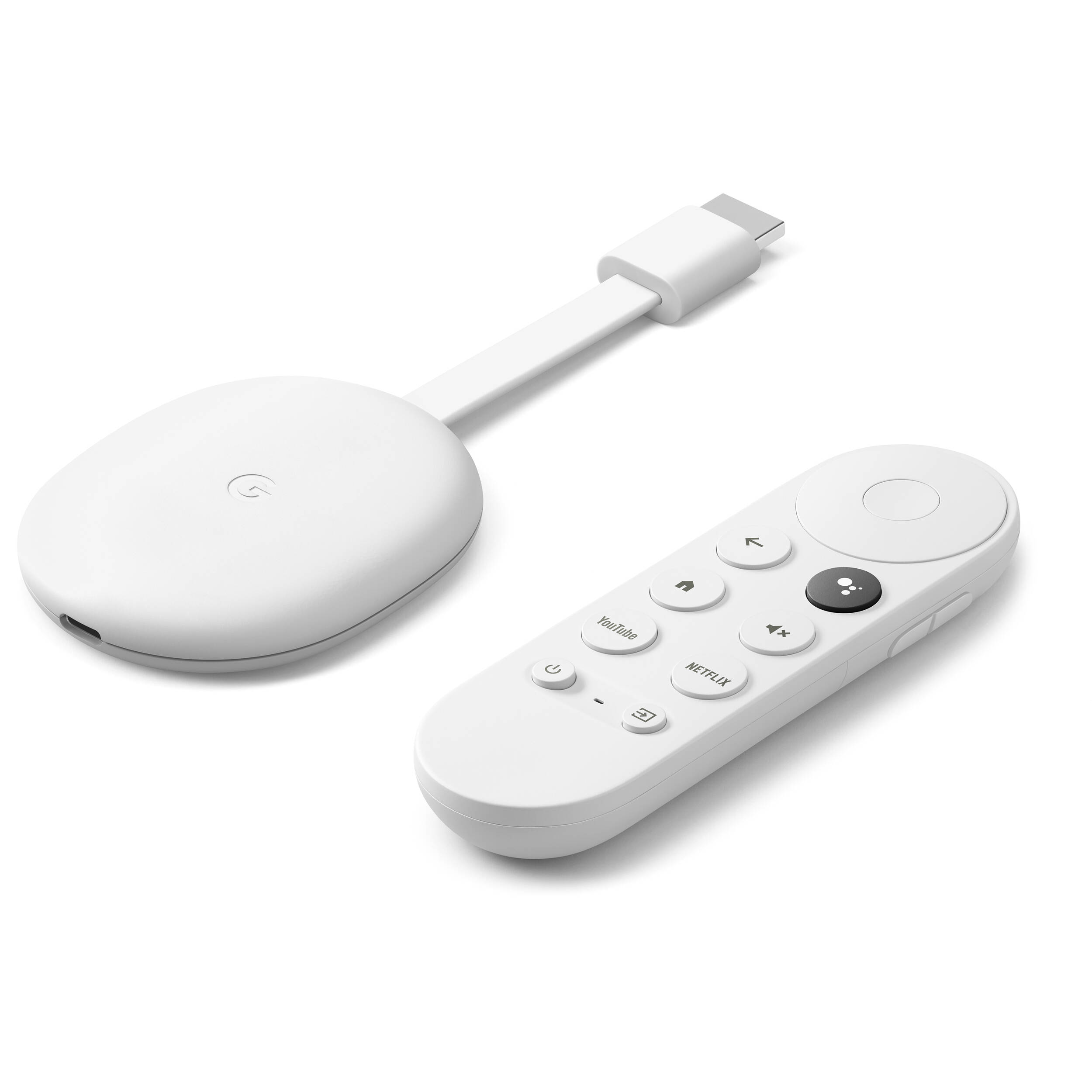
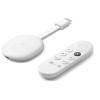
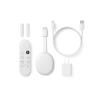
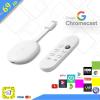

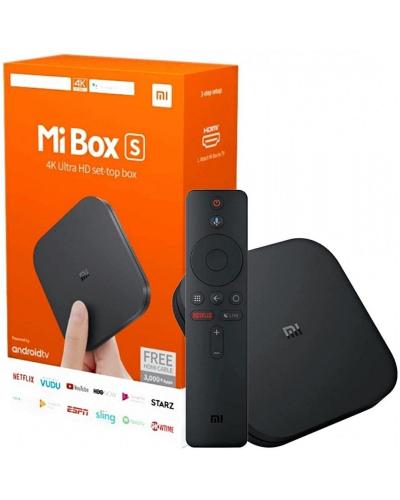
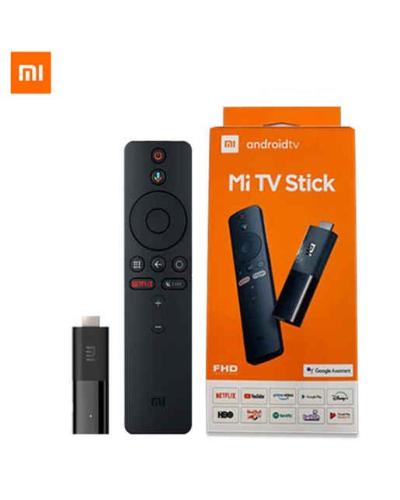
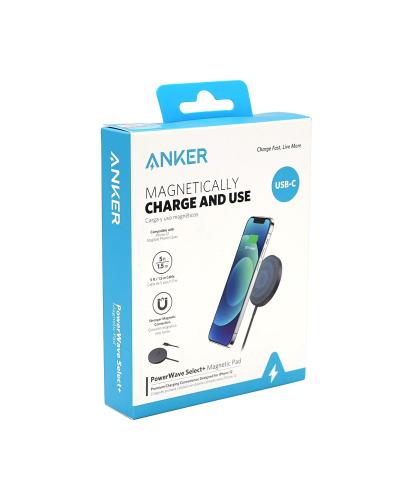
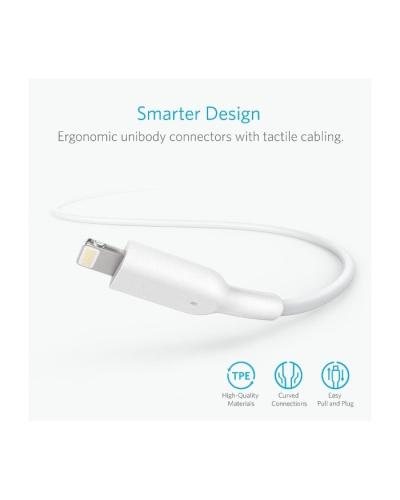
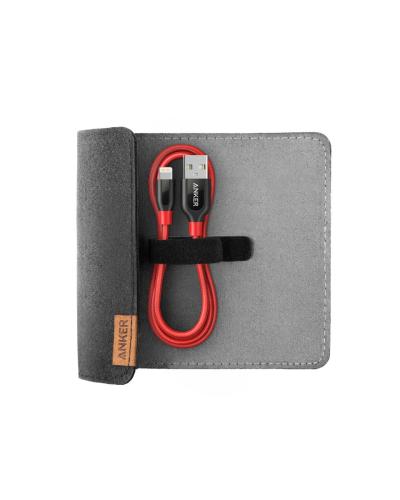
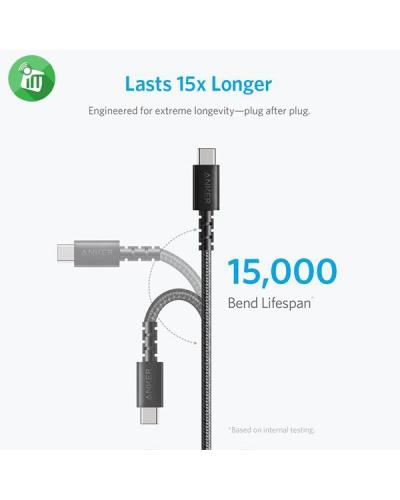
-400x500.jpg)
